“The rave community creates a new spiritual home.”
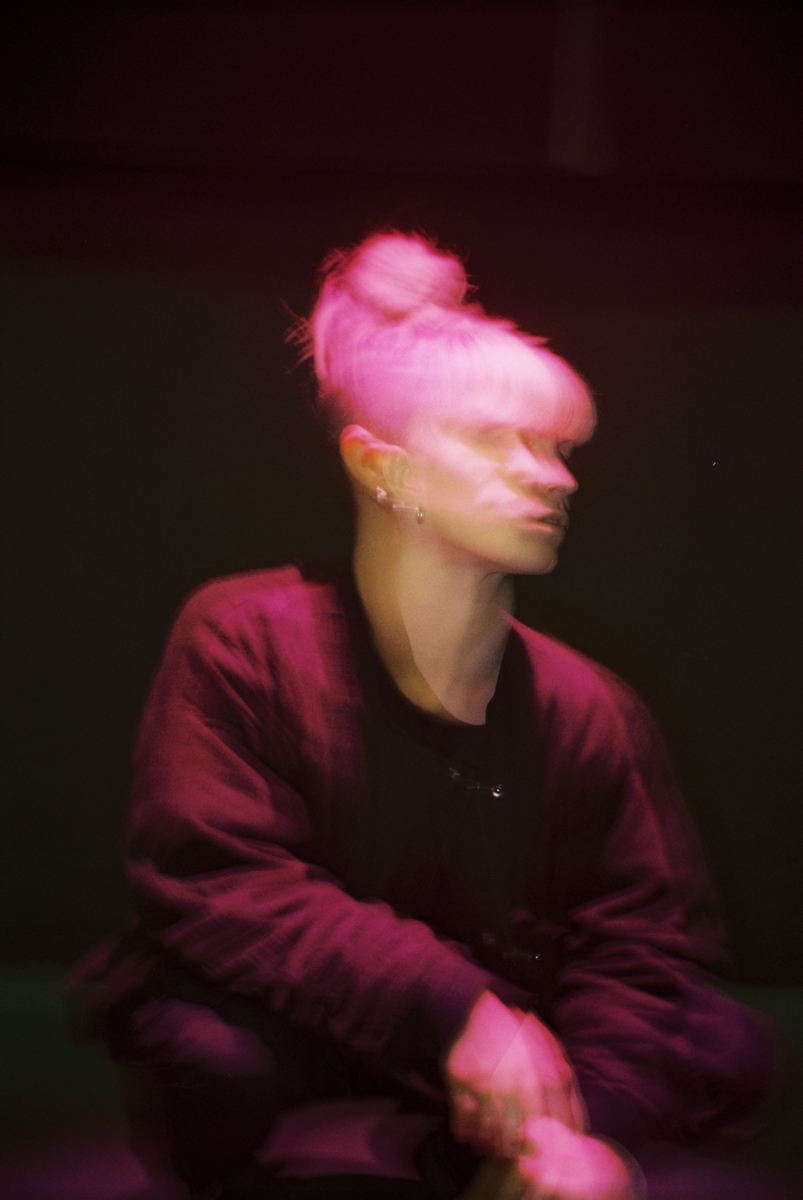
Music is the one medium that, throughout time, has connected people. Blasting beats as backdrops to sweat-infused dance floors create an environment of feeling, thought and touch. And today, raves are our chosen home; a space for each and every one of us to gather and—ideally—feel secure and be appreciated just for who we are. In celebration and exploration of these modern havens, Glamcult presents its Rave Revolution series—a sequence of in-depth talks with the underground’s forefront minds; those who make the culture thrive.
First up we spoke to local favourites Spielraum, Amsterdam’s queer techno night that plays a pivotal role in a community hungry for inclusion and diversity. This time, we step into the mind of Volvox—the artist whose acid-flavoured tunes leave an unapologetically authentic mark on dance floors west and east, north and south. Hailing from São Paulo and now based in New York, Volvox spins high-energy techno she describes as “the soundtrack to an emergency”. Behind the booth for 13 years and counting, she’s someone we turn to when our bodies crave to move till dawn and when our brains ache for answers to the questions burning inside.
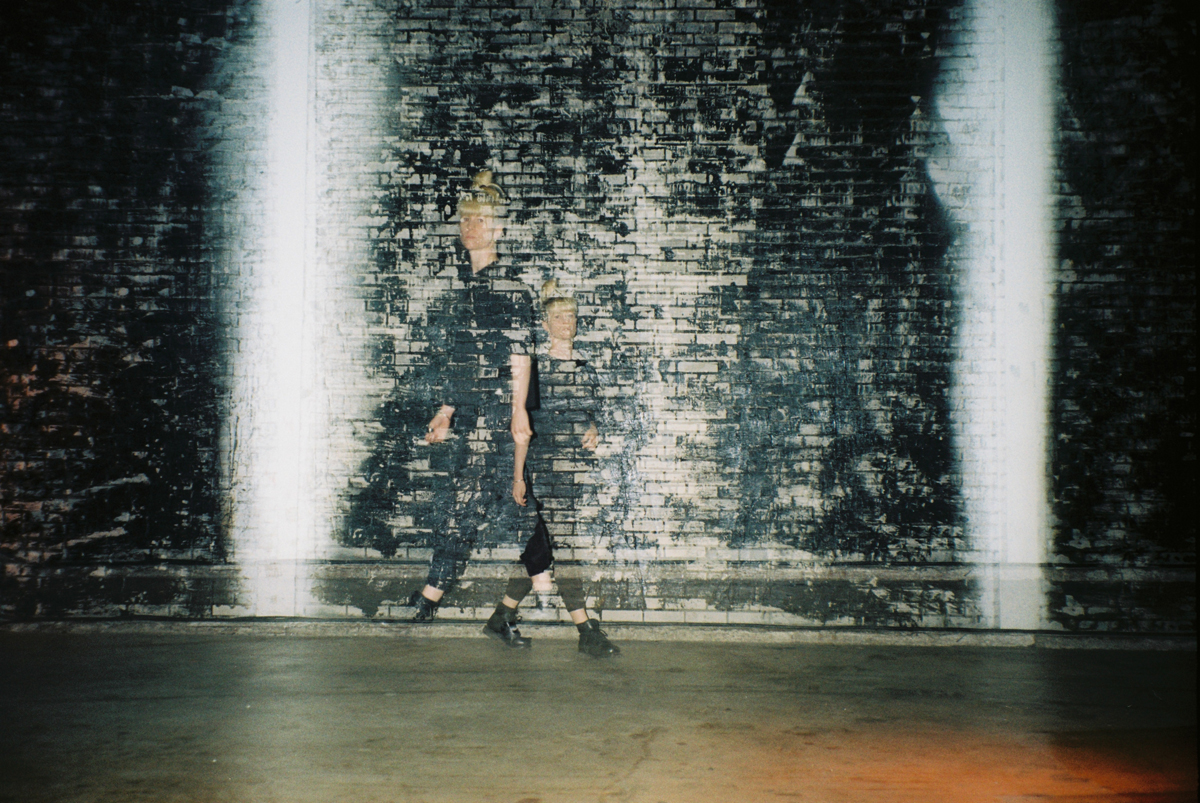
Volvox, what is your music about?
Most techno references revolve around themes of outer space, the cosmos and interplanetary travel. My music is more about the visceral experience of being in your body rather than trying to create an escapist atmosphere. I seek to invoke an inward feeling that focuses on each dancer’s feet, hands, heart and blood. I think of my techno sets as the soundtrack to an emergency: adrenaline-driven, immediate and arresting.
How do you decide on what to play on different nights? What makes you choose a particular track during a set?
I think American DJs are forced to be versatile in order to make a living, and practicing this approach over time has given me a wide range of sounds to work with. Some parties are serious and hard, others are more light and fun. I organize my sets depending on the theme of the night and the lineup. I recently played an all-nighter in Sydney and this was the perfect moment to practice bringing an empty room all the way from zero to an ecstatic conclusion! Like a workout, it’s all about choosing tracks that either sustain or elevate the energy level, or create pauses for the dancers to relax a bit.
Can you describe your state of mind during a DJ-set? What supports an ideal state and what are some distractions or risks?
I put out a lot of energy during my sets, so being in a positive state of mind when I get on the decks is really important. I need to get enough sleep and have a nice meal. Having a promoter that is attentive and has taken care of the details makes a huge difference in my attitude when going into a set. If the monitoring is muddy, I can’t feel the bass in the booth or there’s too much light in the room, it will affect my ability to perform.
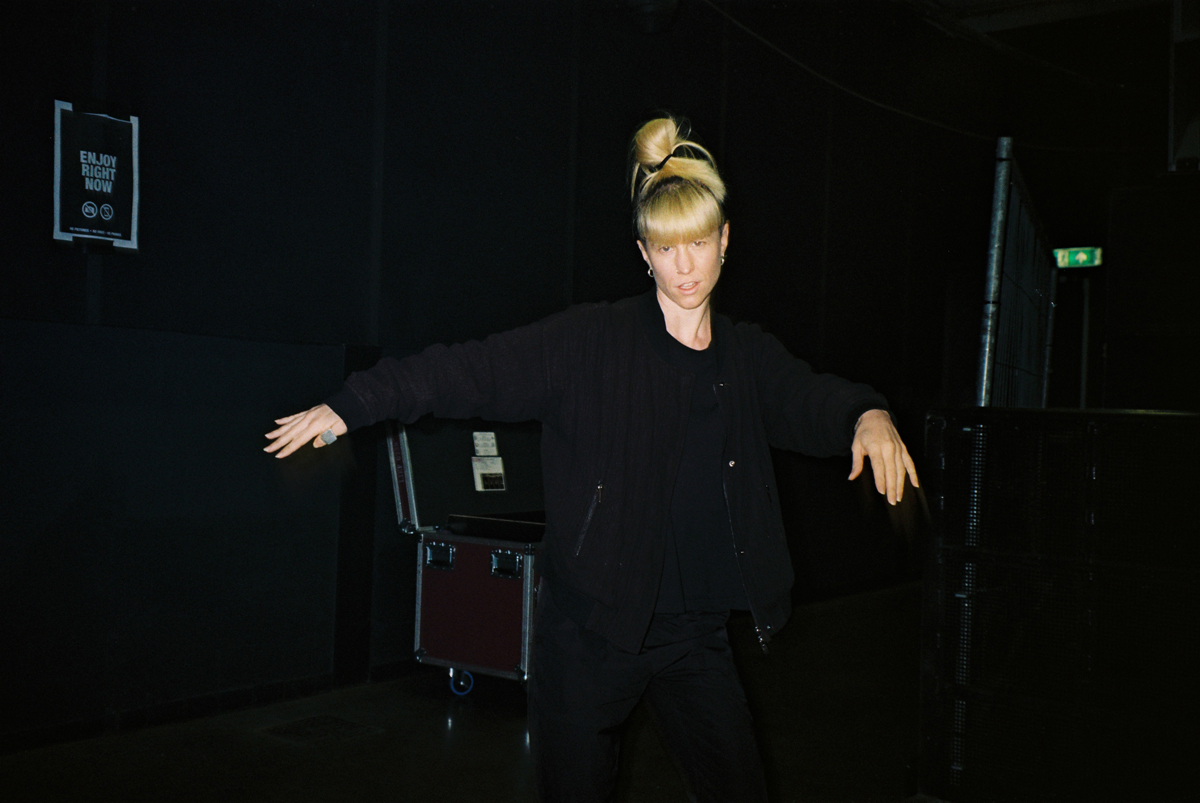
You host a few monthly residencies in New York, such as Jack Dept. and Unter. What are the biggest differences between playing at your own parties as compared to other venues in the world?
Being my home base, New York dancers get to hear the newest music first. This means that the sets at home are a bit more experimental and less tested or practiced than what I’d play around the world. I feel comfortable exploring new angles and perhaps making mistakes there because I know the dancers will stick through it with me. We recently had a Midwestern-themed Unter and I tried to focus on a more American techno sound for it. Although I felt like my flow was a bit jerky, many folks told me it was one of their favourite sets ever! Usually, a solid and interesting track selection can overcome momentary technical challenges.
As a DJ, how do you mentally deal with the huge difference between living at night—the ecstasy of being in a club environment versus living in the daytime?
I’ve been a DJ for almost 13 years now, I do feel like I’ve had all the fun in my lifetime already. Not every party is transformative, but when it is, it’s such a treasure. I have lots of other interests outside of techno; I love architecture, fashion, design, and recently I’m getting into gardening. All this keeps my daytime hours from ever getting boring.
Do you think clubbing today is becoming safe(r) for every individual? In your experience, has this changed over the years?
In the past, you had to be a certain type of person to find dance culture; open-minded, curious, perhaps a social outsider of some sort. Now that everyone, and even their mum, is into clubbing, I think it’s actually become harder to find like-minded folks. That’s why I think cultivating a particular culture around me as a DJ is so worthwhile. At my parties and shows, I’m always seeking to support and highlight the most marginalized people, to give them a space where they can shine.
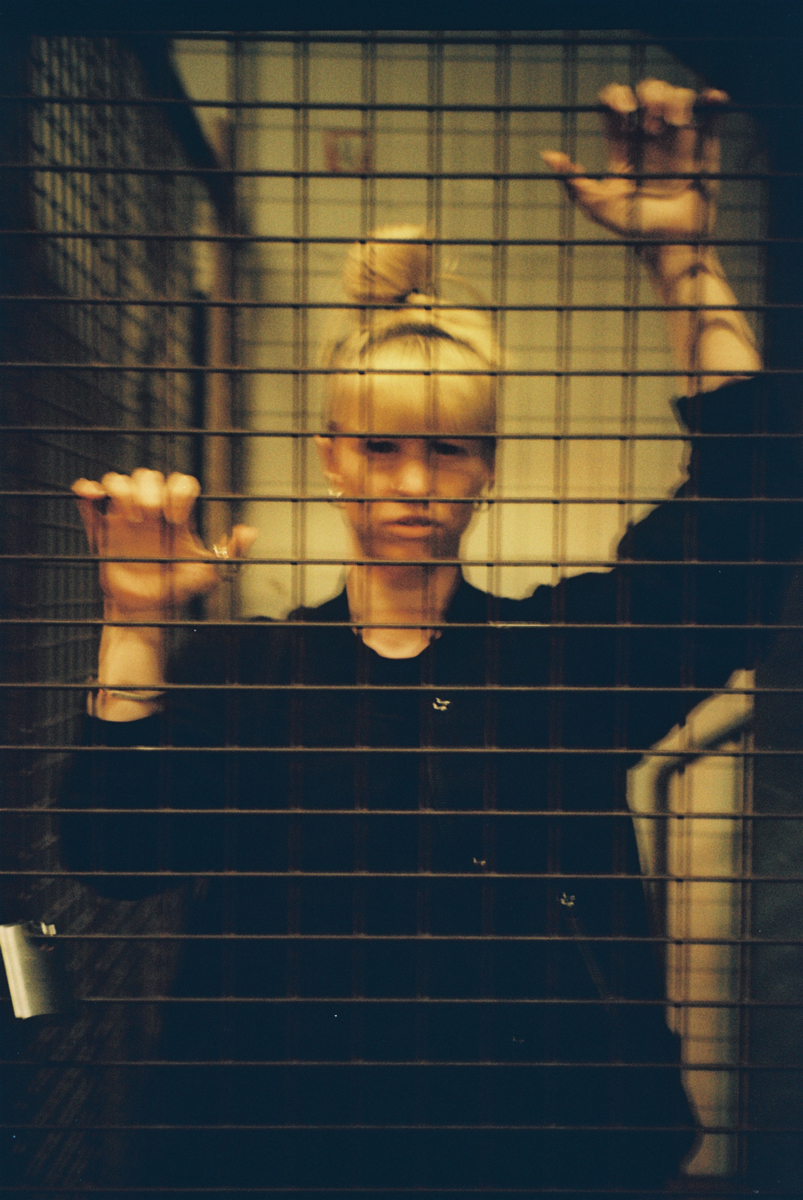
Could you tell us about your most memorable moments as a DJ?
There was that one time when Boris complimented my tempo. And that other time, Carlos Souffront asked me for a track ID. Also, playing at Berghain for the first time was pretty nerve-wracking; due to their sound system I was hearing elements in my music that I had never noticed before and had to work extra hard to keep riding a consistent groove.
Electronic music has become the most popular music genre of this generation. What are currently your main challenges and goals for the future as a DJ?
Personally, it’d be to really understand who I want to be surrounded by as my career progresses. I come from a particular world, a specific clubbing culture, and it’s really important for me to see that the culture persists and flourishes. Queer techno parties still represent a very small slice of the overall industry, but I’m super interested in uniting these scenes worldwide into something greater. I’m grateful to work with folks like Pornceptual in Berlin, Mamba Negra in São Paulo and House of Mince in Australia to help push this culture that is so dear to me.
In your opinion, how has rave culture influenced society throughout the years? But, most of all, society today?
Group dancing to drums is one of humanity’s most primal activities—raving is simply a modern interpretation. In our age, raving has served as an antidote to the crushing banality of capitalistic life, an opportunity to recreate yourself and recharge your heart’s energy. I think the rave community creates a new spiritual home for those who follow it, which is why it’s such a transformative force in today’s world.
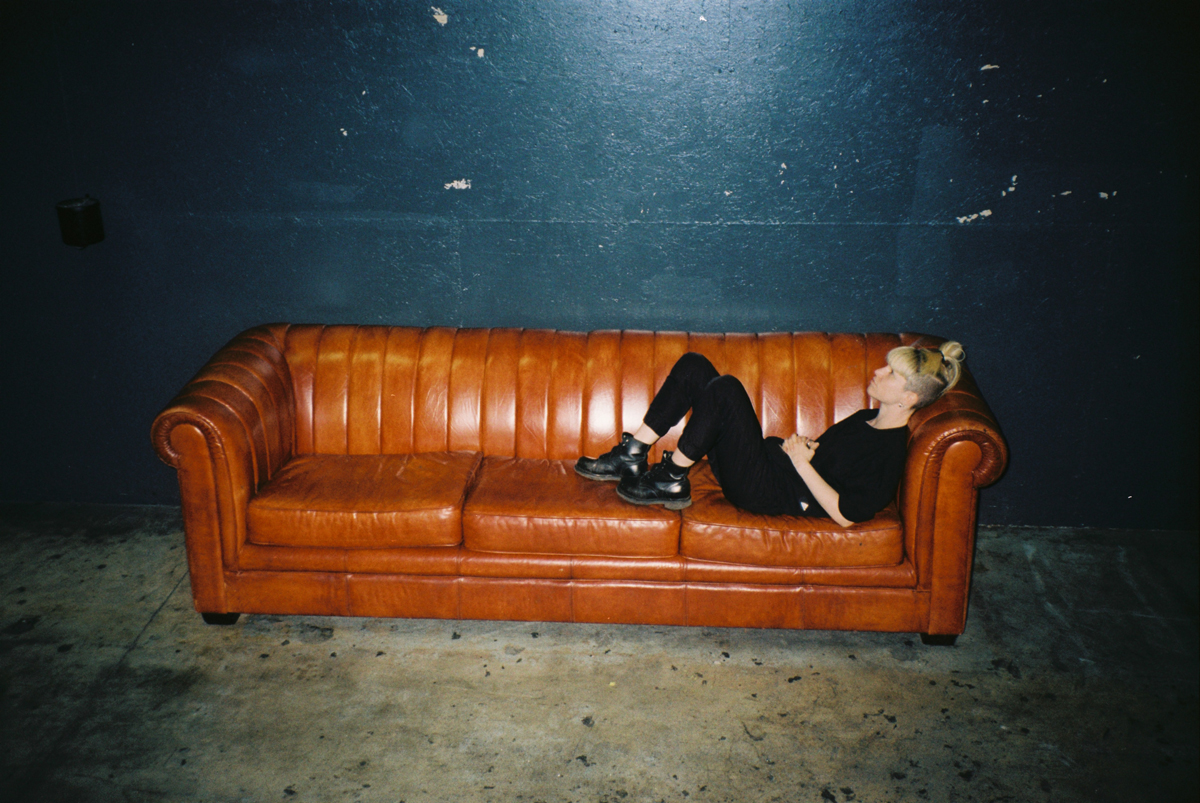
Follow Volvox on Soundcloud and Instagram
Words and photography by Emilija Juškaitė